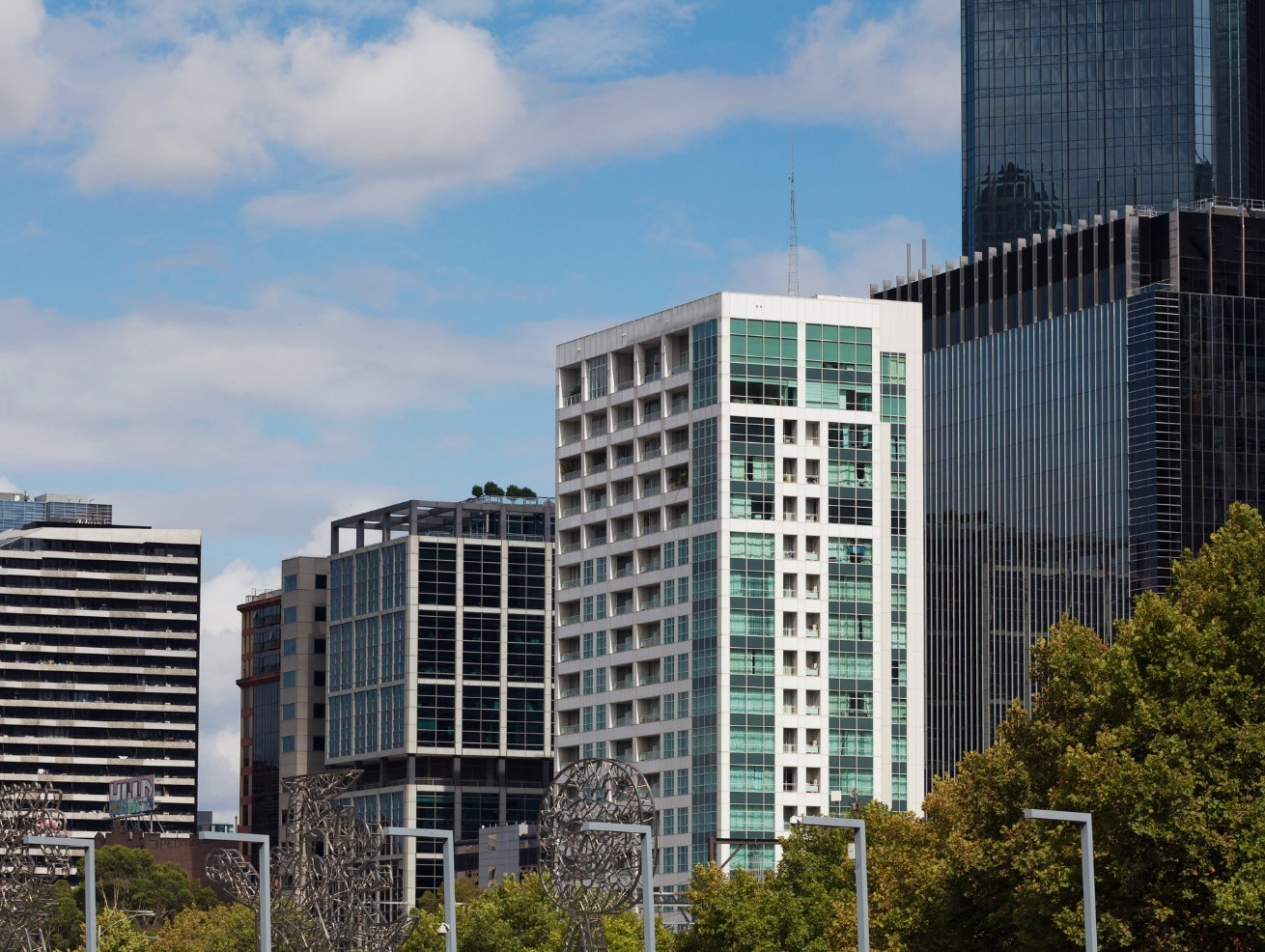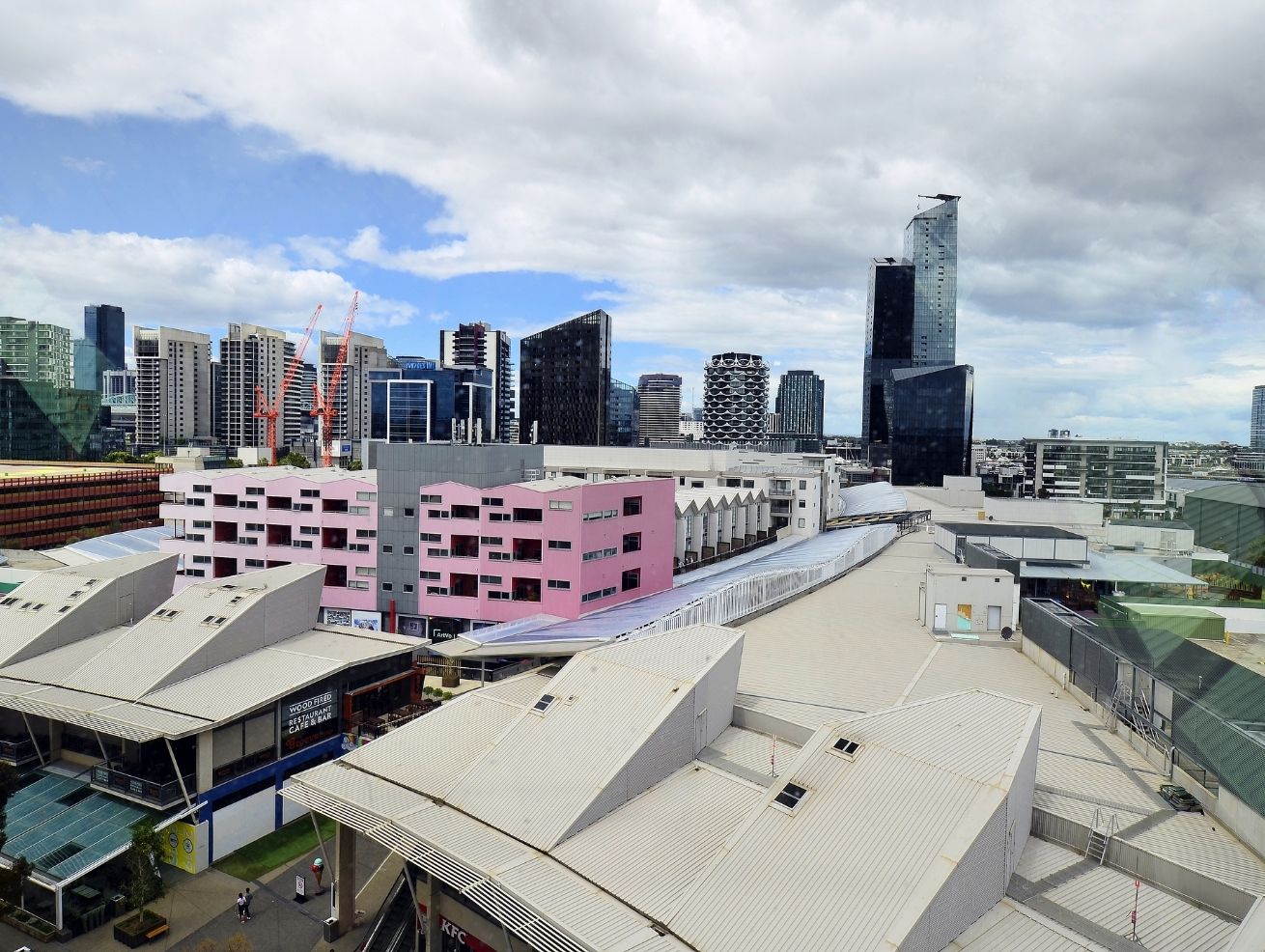As a commercial tenant, how can you negotiate a lease that protects you from situations out of your control—like a pandemic or a recession—that limit your ability to pay rent?
LK: In the event of a future pandemic, for example, a tenant could ask to have a clause inserted in the lease that provides a specific reason why the tenant is not required to pay rent if the premises must close for a period due to a pandemic.
As a negotiating point to the landlord, the tenant could also offer to extend the term of the lease to give the landlord greater certainty of the future income stream from the premises if the lease was extended for the period of the pandemic beyond its then-current term. So the landlord would still be guaranteed to effectively get his money, although it may take a little longer to get it.
Look, the issue is that it’s the landlord’s property, and the landlord holds all the negotiating cards when it comes to the lease. In the event of a recession, a landlord is rarely going to allow concessions of that nature to the tenant. More often than not, they will say, "Take it or leave it." Now, that can change in circumstances where the rental market is weak, and the landlord has to make more concessions in order to get his property filled.
For the most part, clauses like these will not be inserted into leases, even though they may make sense to the tenant. The landlord often has commitments to financiers, and it’s unlikely the financiers will want rent-free allowances granted to the tenant.
Clauses like these may appear in leases involving large tenants—for example, supermarkets—as they have strong bargaining power, but for the most part, clauses like these are not generally written into leases.

If a tenant has to break a commercial lease, what are their obligations?
LK: The tenant can do a few things. They can find another tenant to take over the lease, a process called signing a transfer of lease. There’s a fairly standard form for this that most people use. The new tenant steps in, and—if the Rental Leases Act applies—the outgoing tenant is relieved of all further obligations as a general rule.
The other choice is for the tenant to simply walk out, in which case it becomes incumbent on the landlord to try to re-let the premises. The landlord would then have the right to sue the outgoing tenant for any losses that they suffer. For example, if the money the landlord receives from the new lease is less than what they received from the original lease, they have a right to sue for the difference as damages.
On a different note, can you give an example of a time when you represented a commercial landlord or tenant and had to advise on something unusual?
LK: We were involved with a client that owned a warehouse with a freezing facility in it. This tenant was an experienced food manufacturer, but they weren't maintaining the freezers properly. Basically, the freezers effectively broke down, and the tenant wanted to move out.
The question became, whose responsibility was it to reinstate the freezers? The tenant had neglected their obligations to repair and maintain. Ultimately, we came to a very positive settlement for the client, where the tenant effectively paid for all damages, from the cracked concrete and broken freezer pipes to the replacement of the plant and equipment. It was effectively a make-good clause.
The key takeaway here is due diligence. By being patient and thorough with your lease dealings, you remove much of the stress from the process and end up with a document that is clear, concise, and in the best interest of both parties. Achieving this allows you to get the most out of your commercial property investment and enjoy it for years to come.
